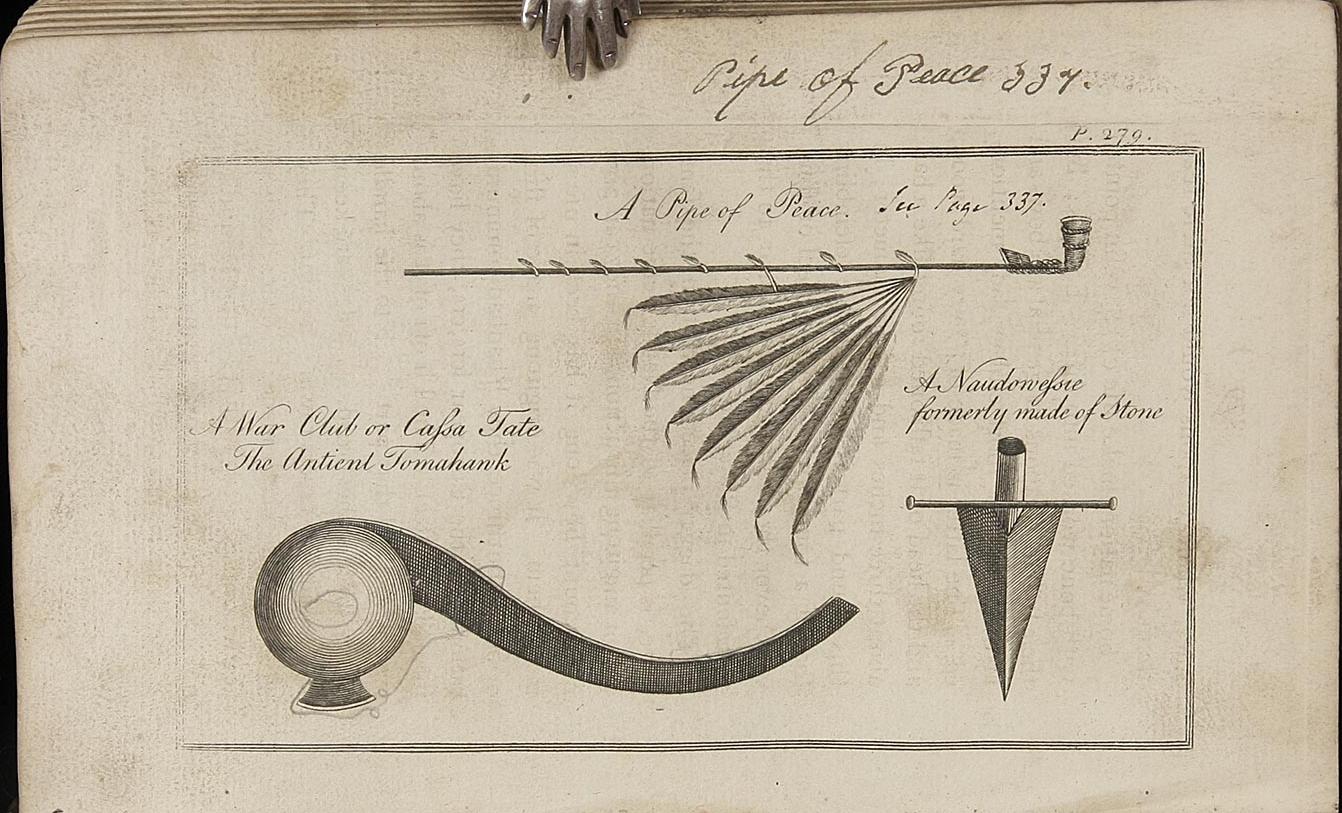Unless specified otherwise, assignments are due at 11:59 pm on Sundays. Calendar may be subject to occasional adjustment as we go along.
Week 1:
January 15: What is conflict? Register in Remind App
January 17: Digital research techniques–logging onto website, exploring other student sites, WordPress basics, introduction to digital resources on conflicts
Reading: Douglas Seedfeldt and William G. Thomas, III, “What is Digital History? A Look at Some Exemplar Projects”
Assignment: Begin to explore WordPress by looking at other COPLAC Digital student sites and creating your first blog post.
Week 2:
January 22: Introduction to theories of conflict
January 24: Your course projects: come to class with your group’s ideas for your project. Look at other class projects from previous COPLAC digital courses to help you. They can be found here. (You might find it useful to check out the projects from the Fall 2017 “Conflict in America” course to see what projects other students came up with!).
Assignment: By the end of the weekend, you should have identified your conflict and started reaching out to your campus librarians, special collections staff, and community resources as applicable. Write on your blog about your ideas, potential research strategies, and your conversations with librarians on your campus.
Week 3:
January 29: Introduction to conflict resolution
January 31: Exploring mapping and timeline options. Discussion of copyrights and permissions in digital research.
Reading: “Fair Use”
Assignments:
- Using raw data from your own conflict, create either a map or a timeline of the information. You should have a minimum of 5 data points–either dates or places that you want to highlight as important. Use GoogleMaps, StoryMap, or Timeline. You can also work with your partner to have one person do a map and the other do a timeline, but each person will submit a different item to their own blog.
- If you anticipate using any sort of oral interviews, recordings of people, or anything else with an alive person, contact the chair of your campus IRB to let them know about your research and tell them what oral interviews or recordings you are planning on making. Make sure you let them know that this is for a class, and give them a clear idea of what types of questions you will be asking–let them know your topic. They will be able to tell you whether your campus is going to require you to go through the IRB process. This varies from campus to campus, so making contact with this person is a very important step.
Other copyright resources (not required): Code of Best Practices in Fair Use for Online Video; 30+ places to find Creative Commons media; Google Search and Creative Commons Images
Week 4:
February 5: WordPress, Beyond the Basics
Readings: Two chapters from Daniel J. Cohen and Roy Rosenzweig, Digital History: A Guide to Gathering, Preserving, and Presenting the Past on the Web
1) “Getting Started”
2) “Becoming Digital”
February 7: Wrap up of case studies and theories of conflict resolution: Ft. Loudoun, Tennessee. Last minute questions about proposals
Assignment: By February 10, you will submit a proposal for your topic. Detailed instructions are posted under Course Materials. Blog about your progress to date.
Week 5:
February 12: Digital Humanities readings–theory and practice; case study of conflict
Reading: Matthew Kirschenbaum, “What is ‘Digital Humanities,’ and Why Are They Saying Such Terrible Things about It?”
February 14: How to conduct research: strategies and tips for approaching archivists, librarians, and community members; conducting oral interviews
Assignment: Research plan–who will you contact? How will you find your information? What steps do you need to do to make your project a success?
Week 6:
February 19: No class; work on your projects
February 21: Finalize your research project contract
Assignment: Submit your research project contract, which will be your guide for how you and your partner plan to complete your project. You will split your project into 3 milestones that you will meet over the course of the semester.
Week 7:
February 26: No class; work on your own projects
February 28: Updates on progress, technical instruction, feedback
Reading: Daniel J. Cohen and Roy Rosenzweig, Digital History: A Guide to Gathering, Preserving, and Presenting the Past on the Web, “Designing for the History Web”
Week 8:
March 5: No class; work on your own projects
March 7: Milestone 1 Due!
Week 9:
March 12: No class; work on your own projects
March 14: Updates on progress
Week 10:
March 19: No class; work on your own projects
March 21: Milestone 2 Due!
Week 11: Spring Break!
March 26: No class; work on your own projects
March 28: No class; work on your own projects
Week 12:
April 2: No class; work on your own projects
April 4: Milestone 3 Due! You should have a full draft of your project website at this point.
Week 13:
April 9: No class; work on your own projects
April 11: Feedback and revising of projects
Week 14:
April 16: No class; work on your own projects
April 18: Optional Drop-in Q&A
Week 15:
April 23: No class; work on your own projects
April 25: Final Research Project Due; basics of public speaking and presentation
Week 16:
April 30: Presentations
May 2: Presentations
May 4: Reflection Essay Due
